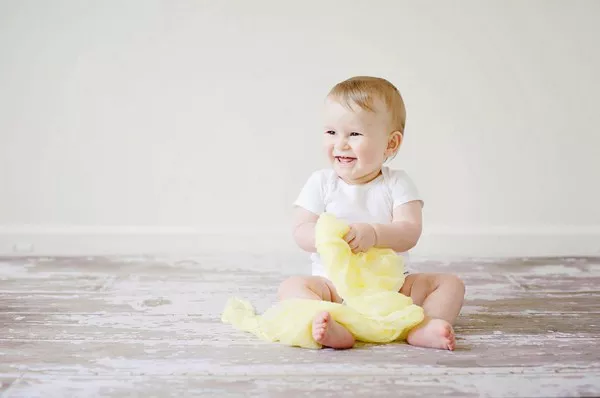Newborns are delicate and vulnerable to various health issues, and one common concern for parents is how to handle a cold and cough in their precious bundle of joy. It’s crucial to approach these conditions with caution and care, as newborns have underdeveloped immune systems. In this comprehensive guide, we’ll explore effective ways to cure newborn cold and cough, ensuring your baby’s comfort and well-being.
Understanding the Causes and Symptoms
Newborn cold and cough can be distressing, but before we delve into remedies, let’s understand the causes and symptoms. These conditions can result from viral infections, exposure to cold weather, or allergens. Common symptoms include nasal congestion, sneezing, coughing, and sometimes a mild fever. It’s essential to differentiate between a common cold and something more serious, such as pneumonia. If in doubt, consult a pediatrician.
a. Differentiating between a Cold and Something More Serious
While both cold and cough are common in newborns, it’s crucial to recognize when it might be something more severe. A fever over 100.4°F, rapid breathing, chest retractions, or a persistent cough could indicate a more serious issue. In such cases, immediate medical attention is necessary.
b. Understanding the Role of a Newborn’s Immune System
Newborns have an immature immune system, which makes them more susceptible to infections. Breastfeeding can significantly boost their immunity by providing essential antibodies from the mother’s milk.
Home Remedies for Newborn Cold and Cough
When it comes to treating a newborn’s cold and cough, many parents prefer natural remedies to avoid exposing their baby to unnecessary chemicals. Here are some safe and effective home remedies:
a. Steam Inhalation
Create a gentle steam environment in the bathroom by running a hot shower and sitting with your baby in the steamy room. This can help relieve nasal congestion and ease breathing difficulties.
b. Saline Drops
Saline nasal drops are a great way to clear your baby’s congested nose. Apply a few drops in each nostril before feeding to make breathing easier.
c. Hydration
Ensure your baby stays well-hydrated. Breastfeeding or offering small sips of water can help thin mucus and keep them comfortable.
d. Elevate the Head
Elevating your baby’s head while they sleep can help reduce nasal congestion. You can place a rolled-up towel under the mattress at the head end of the crib.
Medical Treatment and Professional Advice
If your newborn’s cold and cough persist or worsen despite home remedies, it’s crucial to seek medical advice promptly. A pediatrician can evaluate the severity of the condition and recommend appropriate treatment.
a. Medications
In some cases, your pediatrician may prescribe safe medications to alleviate your baby’s symptoms. However, never give over-the-counter cold or cough medicines to infants without professional guidance.
b. Vaccination
Ensuring your baby is up-to-date with their vaccinations can prevent severe respiratory illnesses. Consult your pediatrician regarding vaccination schedules.
Preventing Newborn Cold and Cough
Prevention is always better than cure, especially when it comes to your newborn’s health. Here are some preventive measures to reduce the risk of cold and cough:
a. Hand Hygiene
Practicing good hand hygiene is essential to prevent the spread of infections. Always wash your hands before handling your baby.
b. Limit Exposure
Try to limit your baby’s exposure to crowded places and sick individuals, especially during the first few months.
c. Breastfeeding
Breast milk contains essential antibodies that can protect your baby from infections. Exclusive breastfeeding for the first six months is recommended.
d. Maintain a Clean Environment
Ensure your baby’s living space is clean and well-ventilated. Use a humidifier to maintain optimal humidity levels.
When to Consult a Pediatrician
It’s vital to be aware of when your baby’s condition requires professional medical attention. Here are some situations where you should consult your pediatrician:
a. High Fever
A fever above 100.4°F in a newborn is a cause for concern and should be evaluated by a doctor.
b. Breathing Difficulties
If your baby is struggling to breathe or showing signs of respiratory distress, seek immediate medical help.
c. Persistent Symptoms
If your baby’s cold and cough persist for more than a week or worsen, it’s essential to consult a healthcare professional.
Conclusion
Curing a newborn’s cold and cough requires patience, care, and knowledge. By understanding the causes, recognizing symptoms, and implementing safe remedies, you can help your baby recover comfortably. Remember that prevention is key, and maintaining a clean environment, practicing good hygiene, and seeking timely medical advice are crucial steps in ensuring your newborn’s health and well-being. Always consult a pediatrician for professional guidance, and trust your instincts as a parent to provide the best care for your little one.


